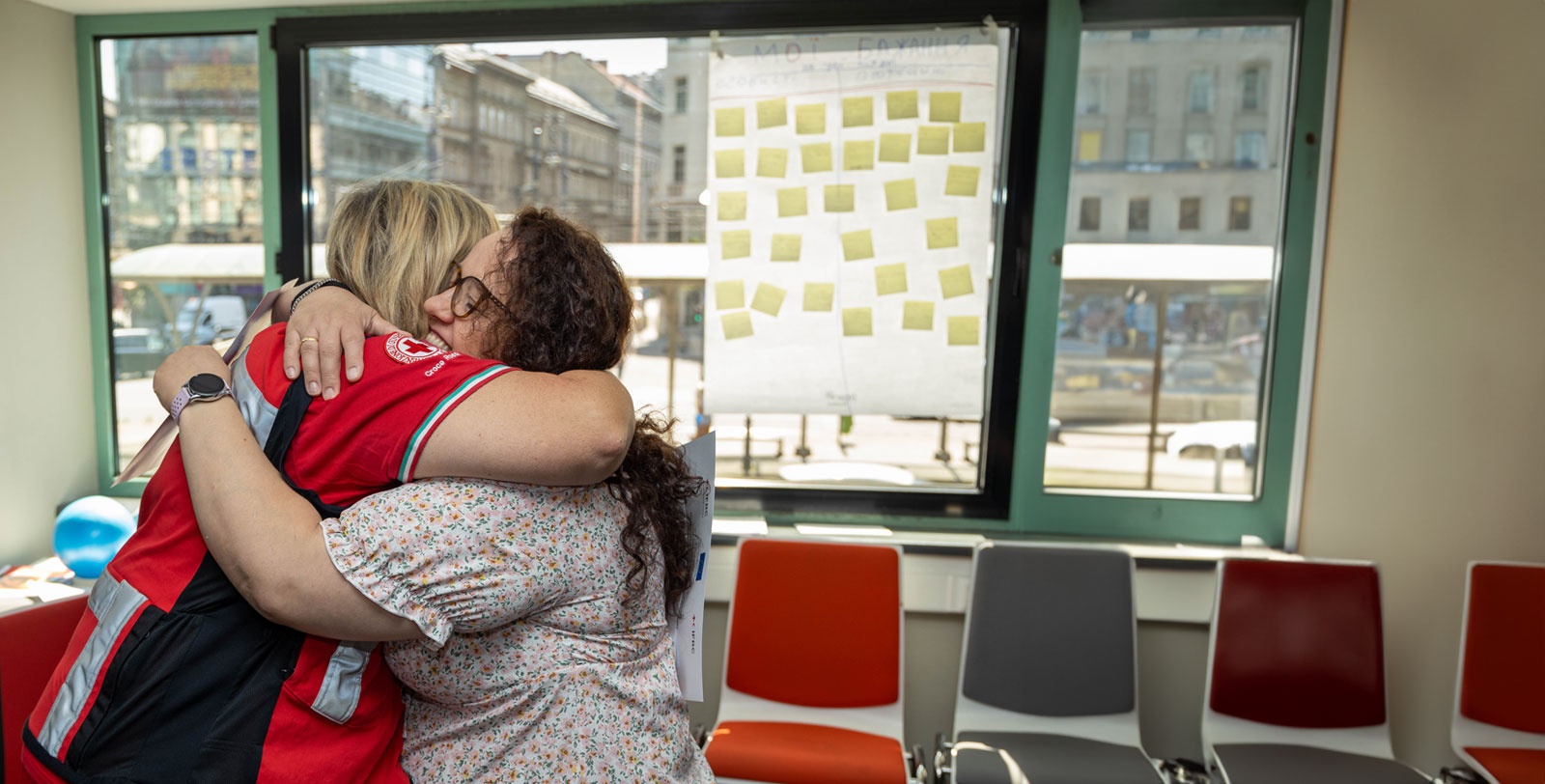Projects
Current projects
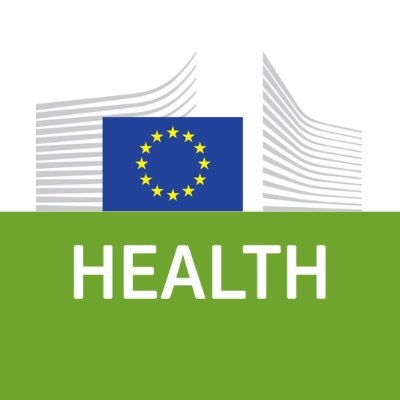
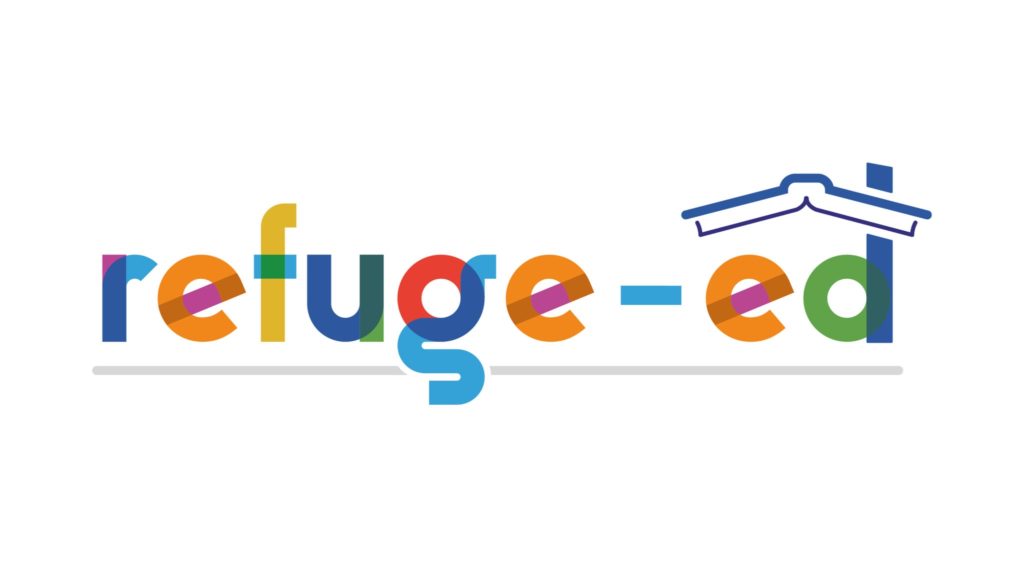
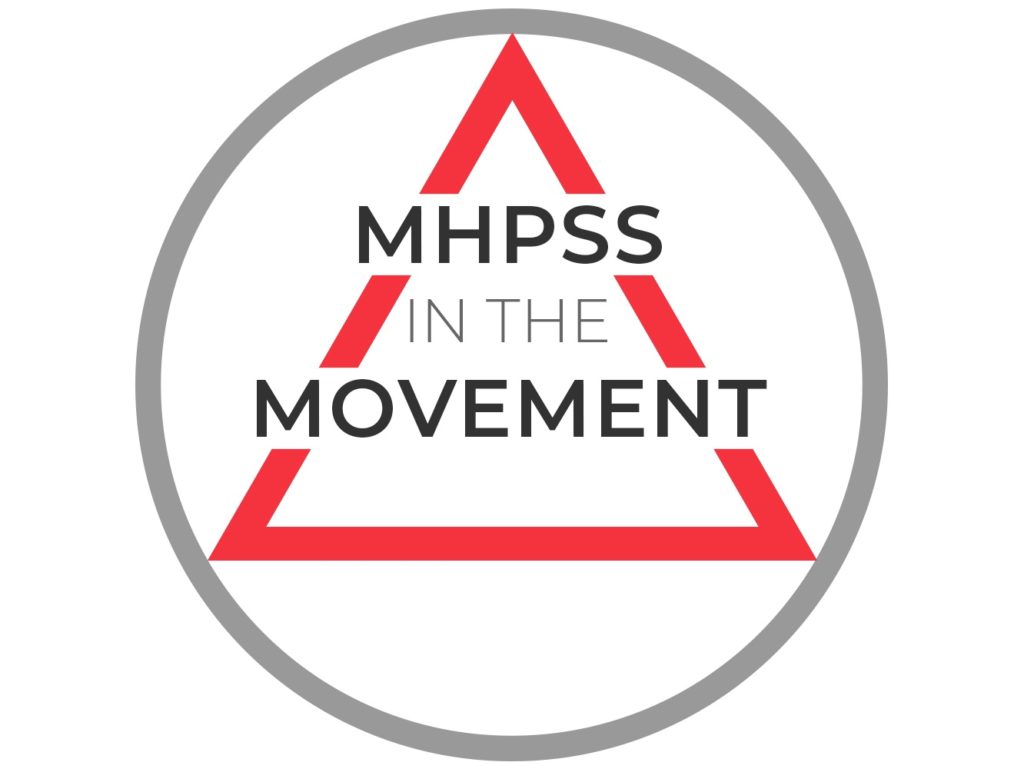
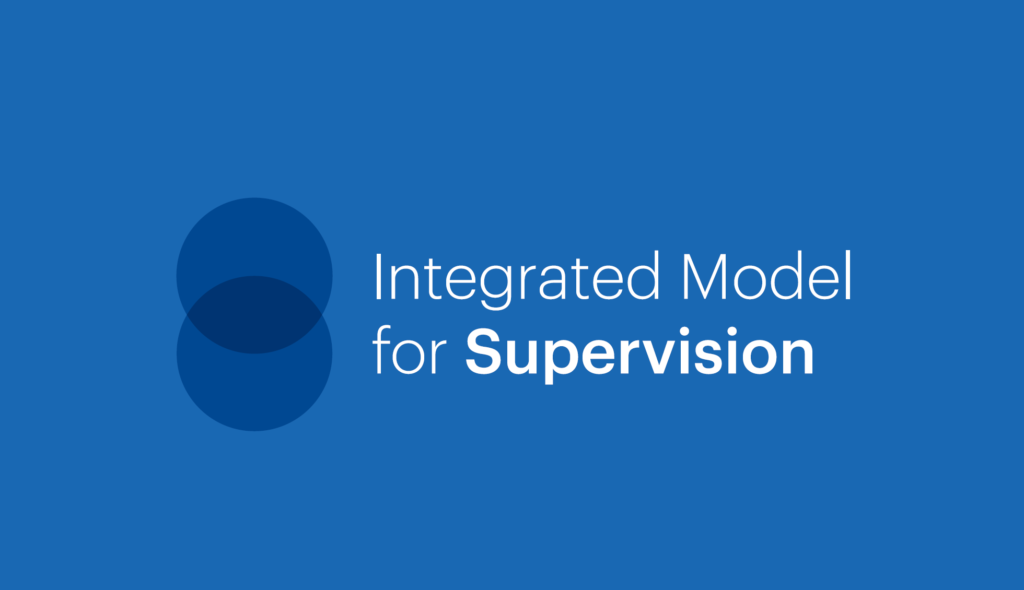
Past projects
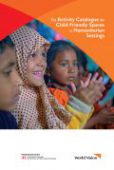

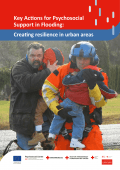

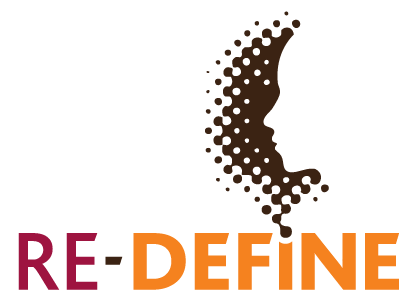
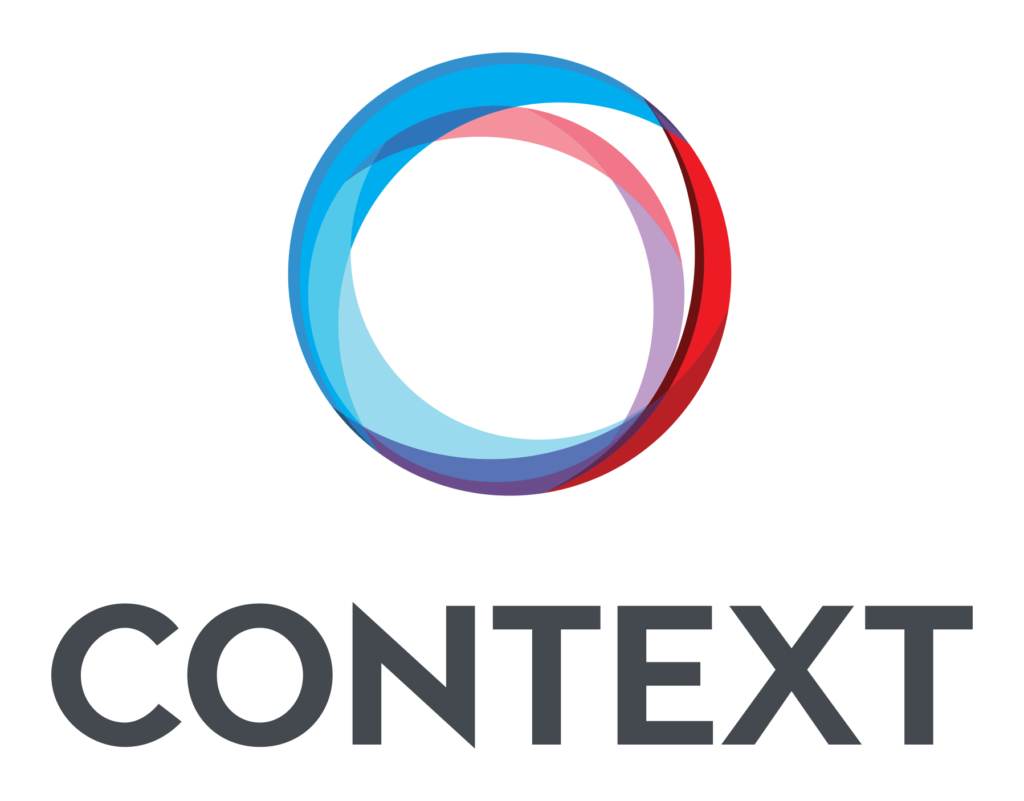

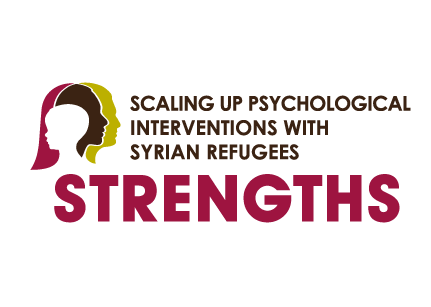
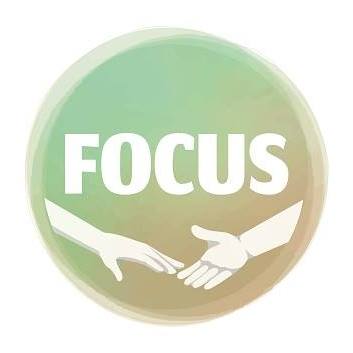
eu4health
The EU4Health program, funded by the European Commission’s Directorate-General for Health and Food Safety (DG Santé), entails collaboration between the National Red Cross Societies in Ukraine and 25 EU/EAA countries. It aims to offer mental health support to the people displaced from Ukraine through helplines, outreach efforts, and group activities conducted in multiple languages.
The participant National Societies include Belgium, Bulgaria, Croatia, Czech Republic, Estonia, Denmark, Finland, France, Germany, Greece, Hungary, Iceland, Italy, Latvia, Lithuania, Luxembourg, Norway, Poland, Portugal, Romania, Slovakia, Slovenia, Spain, Sweden and Ukraine. The IFRC Regional Office for Europe (IFRC RoE) is responsible for the overall program coordination among partners, as well as direct operational support during the implementation to the National Societies.
More info:
IFRC GO- Ukraine response_ EU4Health

REFUGE-ED
Education, mental well-being and belonging are essential for children’s development. Refugees and asylum seekers are no exception. For them, even more is at stake: their chance to become integrated into their new country and community. REFUGE-ED works to improve academic success, mental well-being and social belonging for refugee and asylum children in the EU, by linking two disciplines: Education and Mental Health and Psychosocial Support (MHPSS).
REFUGE-ED is an international collaborative research project funded by the European Commission’s Horizon 2020 framework programme.
The consortium consists of nine partners located in seven European countries, including academic institutions, research centres and non-government organisations. A catalog of good teaching courses will be developed which can be scaled up and adapted to completely local needs across the EU. In the work of developing good methods for adapting the courses, there will be close collaboration with children and families, communities, civil society organisations, local service providers, schools, and teaching staff – including school counsellors or other focal points focusing on MHPSS needs in the educational arena – and policymakers.
The project is divided into five phases:
- Mapping and selection of good evidence-based education solutions with proven social impact.
- Development in a co-creative process in which working groups consisting of children, families, local service providers, schools, civil society organisations and policy makers chose and adapt the best solution for their specific context.
- Implementation through 46 pilots in sites spread over six countries. There are three main types of pilot sites: Non-formal educational settings; formal education; permanent informal education.
- Evaluation of the pilots and the co-creation processes.
- Development of the Knowledge Brokering Platform, which makes the solutions widely available including guidelines and training on adapting and co-creating tailor made solutions across educational settings in Europe.

THE MOVEMENT ROADMAP FOR IMPLEMENTATION PROJECT (2020-2023)
The Movement Roadmap for Implementation Project is a joint collaboration by the Red Cross and Red Crescent National Societies, the International Committee of the Red Cross (ICRC), the International Federation of the Red Cross (IFRC) and Red Crescent, as well as the IFRC Psychosocial Centre to strengthen Mental Health and Psychosocial Support across the globe. This collaboration came about due to the commitments made by the entire Red Cross and Red Crescent Movement during the 33rd International Conference, where the Mental Health and Psychosocial Support Policy and Resolution 5 were adopted. A roadmap for implementation (2020–2023), a strategic plan outlining six priority action areas with respective outcomes and objectives, was developed. The priority action areas are interconnect and, taken together, build the necessary conditions for relevant, effective and sustainable services. The purpose of the roadmap is to support a coordinated approach to the implementation of the commitments made in 2019 within the Movement. The roadmap follows the cycle of the Movement’s international statutory meetings. The Councils of Delegates in 2021 and 2023 and the 34th International Conference in 2024 are important milestones in the timeline.
Five working groups (WGs) were established in 2021 with the goal to implement activities focusing on specific priority action areas of the Roadmap. The working groups are co-lead by National Societies and/or the ICRC, the IFRC and the IFRC PS Centre, have members form various National Societies , the ICRC and the IFRC and aim to be geographically inclusive. The working groups welcome new members from within the Movement on a running basis. National Societies are encouraged to reach out to the project coordination team to learn more.
The IFRC PS Centre hosts the project coordination team and further takes part in both the Interim Coordination Structure group and the Steering Committee.
integrated model of supervision

Child-friendly spaces (PSC)
A key aspect of violence prevention in emergencies is to protect girls and boys from gender-based physical, sexual, psychosocial violence and from neglect. Violence against children, including the most marginalized, has consistently been identified in emergencies around the world.
To reduce the risk of violence against children in emergencies and promote psychosocial well-being, the Child Friendly Spaces (CFS) approach the most commonly used intervention by many humanitarian agencies, including World Vision International and the Red Cross and Red Crescent National Societies.
In a joint project, World Vision International and the PS Centre are developing a toolkit for child-friendly spaces to bridge implementation gaps identified in reviews carried out by the two organizations respectively. The toolkit comprises an Activity Catalogue for facilitators/animators of child-friendly spaces, a Guidance note for managers of child-friendly spaces and a training for managers. The project is funded by World Vision International, the PS Centre and Icelandic Red Cross and comes to an end in 2018.

OPSIC (2013 to 2015)
The PS Centre coordinated the EU funded research project Operationalizing psychosocial support (OPSIC).
The consortium of ten partners successfully completed work within the OPSIC (Operationalising Psychosocial Support in Crisis) project.
The triple objectives of the project were:
- To provide overview of existing guidelines for psychosocial support (PSS) in crisis management and compare these in terms of key points addressed and gaps.
- To translate PSS best practices and guidelines into a generally accessible, coherent operational guidance and information system.
- To integrate COMPASS information system into existing end-user protocols.
The research phase saw the successful development of the Mental Health and Psychosocial Support (MHPSS) comprehensive guideline. This is a quality management instrument, pointing users to relevant guidelines, resources and tools for planning and implementing MHPSS programmes, at all phases of response and in all types of disasters and with all possible target groups. The MHPSS comprehensive guideline contains 51 action sheets that can be used as planning tools by general crisis managers, psychosocial crisis managers, mental health professionals and other practitioners.
The consortium comprised 11 partners from eight countries and was supported by the European Commission under the Seventh Framework Programme for Security.
Resources about and from the project:

CURA (2015 to 2016)
Community Resilience in Urban Areas (CRUA) was carried out in partnership with British Red Cross in Northern Ireland, Danish Red Cross, Hungarian Red Cross, The Red Cross Red Crescent Climate Centre and the University of Copenhagen. In 2015 the partners secured funding from the European Commission (Directorate-General Humanitarian Aid and Civil Protection – ECHO) to produce and test toolkits, good practice models, recommendation reports and bespoke training to support communities across Europe who are interested in being more resilient to future flooding. The work is presented here in three main sub-categories:
1) A Community Resilience Toolkit to guide communities to build their resilience through increasing awareness, identifying how they can help themselves, creating emergency plans and collaborating with relevant agencies.
2) Key Actions for Psychosocial Support in Flooding which recognizes the psychological and social impact flooding can have and in response guide actions with communities during the preparation, response and recovery phases of a flooding event.
3) A Multi-Agency Report detailing how to build and work successfully in multi-agency partnerships during the preparation, response and recovery phases of a flooding event.
The Keys Actions for Psychosocial Support in Flooding can be found here:

BALTPREP
The BALTPREP – Enhancing regional preparedness and response capacity for major accidents in the Baltic Sea region project improves and optimizes quality and interoperability of the Red Cross and Civil Protection Authorities regional response capacity for major accidents and severe disruptions. The project will start in January 2019 and run for a period of 24 months.
BALTPREP includes wide range of activities in the field of regional preparedness. The focus is to strengthen capacities and interoperability in Psychosocial Support (PSS) in emergencies, co-operation between civil protection and humanitarian aid actors and trans-border and regional co-operation.
The role of the PS Centre is to develop training modules on psychosocial support and build PSS capacity of regional disaster response teams in the Baltic Sea region.

RE-DEFINE
Refugee Emergency: DEFining and Implementing Novel Evidence-based psychosocial interventions (RE-DEFINE) aims to test the effectiveness of an innovative psychological intervention for preventing the onset of mental disorders in refugees and asylum seekers with psychological distress resettled in middle-income and high-income countries.
The project focuses on adaptation, testing, and implementation of Self Help Plus (SH+), a novel trans-diagnostic self-help preventive psychosocial intervention specifically developed by the World Health Organization (WHO) to respond to humanitarian crises. The intervention will be delivered by non-specialists to groups of up to 30 participants at a time. The cost-effectiveness of SH+ will be tested in two large, multicentre, pragmatic randomised controlled trials. One study will be conducted in Italy, Germany, Finland, Austria, and in two UK sites (high-income countries), and a second study will be conducted in Turkey (middle-income country).
The PS Centre plays a key role in communication and dissemination of the project.
RE-DEFINE is coordinated by Università Degli Studi de Verona.
RE-DEFINE has received funding from the European Union’s Horizon 2020 Research and Innovation programme Societal Challenges under Grant Agreement No 779255.

DRIVER
Launched in May 2014, DRIVER+ (Driving Innovation in Crisis Management for European Resilience) is a project funded under the 7th Framework Programme of the European Commission. The main aim is to cope with current and future challenges due to increasingly severe consequences of natural disasters and terrorist threats by the development and uptake of innovative solutions that are addressing the operational needs of practitioners dealing with Crisis Management.
In DRIVER+ the PS Centre will develop innovative ways of delivering training in psychological first aid and test how crisis responders take up PFA.
DRIVER is coordinated by ATOS.

STRENGTHS
Providing sufficient and appropriate mental health care is a challenge felt by the countries hosting refugees from Syria. There is a lack of Arabic speaking mental health professionals to provide mental health care on the scale that it is needed in some countries. In other countries there is a general lack of mental health care capacity.
The STRENGTHS project will train Syrian refugees to provide a mental health intervention called Problem Management+ (PM+) to fellow Syrian refugees. PM+ is developed by the WHO. It is a short programme that does not target a single disorder. Instead it targets symptoms of common mental disorders.
But the project will go further than that. It is not enough to know if an intervention works or not. It is also necessary to understand how it can be implemented in the specific context, and whether it is cost effective or not. STRENGTHS will also attempt to answer these questions in eight different countries in Europe and the MENA region. The PS Centre has taken lead in the translation and cultural adaptation process of the PM+ interventions and in developing training materials for the PM+ helpers and facilitators. The PS Centre also plays a central role in communication and dissemination.
STRENGHTS has received funding from the European Union’s Horizon 2020 Research and Innovation programme Societal Challenges under Grant Agreement No 733337.
STRENGTHS is coordinated by Vrije Universiteit Amsterdam.

CONTEXT
The Collaborative Network for Training and EXcellence in psychoTraumatology (CONTEXT) is a three-year doctoral training programme. The goal of CONTEXT is to conduct high quality, innovative research, build capacity and expertise, and foster innovative practice in the area of global psychotraumatology.
CONTEXT is an international, interdisciplinary collaboration between nine European partner organisations spanning the academic, non-governmental, voluntary, and public sectors. CONTEXT has three interconnected research programmes, each concerning a priority population in Europe:
- EU-based asylum seekers and refugees;
- Emergency-service personnel and humanitarian first-responders; and
- Survivors and perpetrators of childhood- and gender-based violence
Each research project has been designed to address current and emergent skill and professional deficiencies, essential for curbing the adverse social consequences of trauma-related psychological distress. Fellows will graduate with an advanced knowledge of how to translate psychotraumatology research into practice, thereby contributing to mitigating the impact of psychotrauma in the EU.
The PS Centre hosts two fellows, Kinan Aldemann and Camila Parera. Aldemann works on the project “Managerial practices to ensure the wellbeing of humanitarian volunteers in post-conflict situations” and Parera works on the project “Effectiveness of the WHO’s low-intensity psychosocial interventions for refugees”
CONTEXT has received funding from the European Union’s Horizon 2020 research and innovation programme, under the Marie Skłodowska-Curie Grant Agreement No. 722523

FOCUS
The FOCUS project (Forced displacement and refugee-host community solidarity) has been awarded funding via the European Commission Horizon 2020 topic “MIGRATION-08-2018: Addressing the challenge of forced displacement”. The project will start in January 2019 and run for a period of 36 months. The FOCUS consortium consists of eight partners, including end-users, research institutions and private sector enterprises, from seven different European countries and Jordan in the Middle East.
FOCUS is designed to increase our understanding of key dynamics in refugee/host community relations and to develop and test innovative solutions for social and labour market integration. The aim of FOCUS is to provide effective, evidence-based solutions for integration of refugees into host communities, contributing to increased tolerance and peaceful coexistence. Once the solutions have been pilot tested and adapted, they will be combined into the Refugee and Host Community Toolbox.
The FOCUS project uses a methodology combining three components:
- Socio-economic and socio-psychological research across four research sites – Jordan, Croatia, Sweden and Germany.
- Development and pilot test of solutions in Denmark, Austria, United Kingdom, Sweden and Germany
- Dissemination of results and recommendations to policy makers.
The PS Centre coordinates the overall project and leads the mapping of available solutions. In addition, the PS Centre will lead and coordinate the development of the “Refugee and Host Community Toolbox” and the pilot test of the toolbox in five countries.
